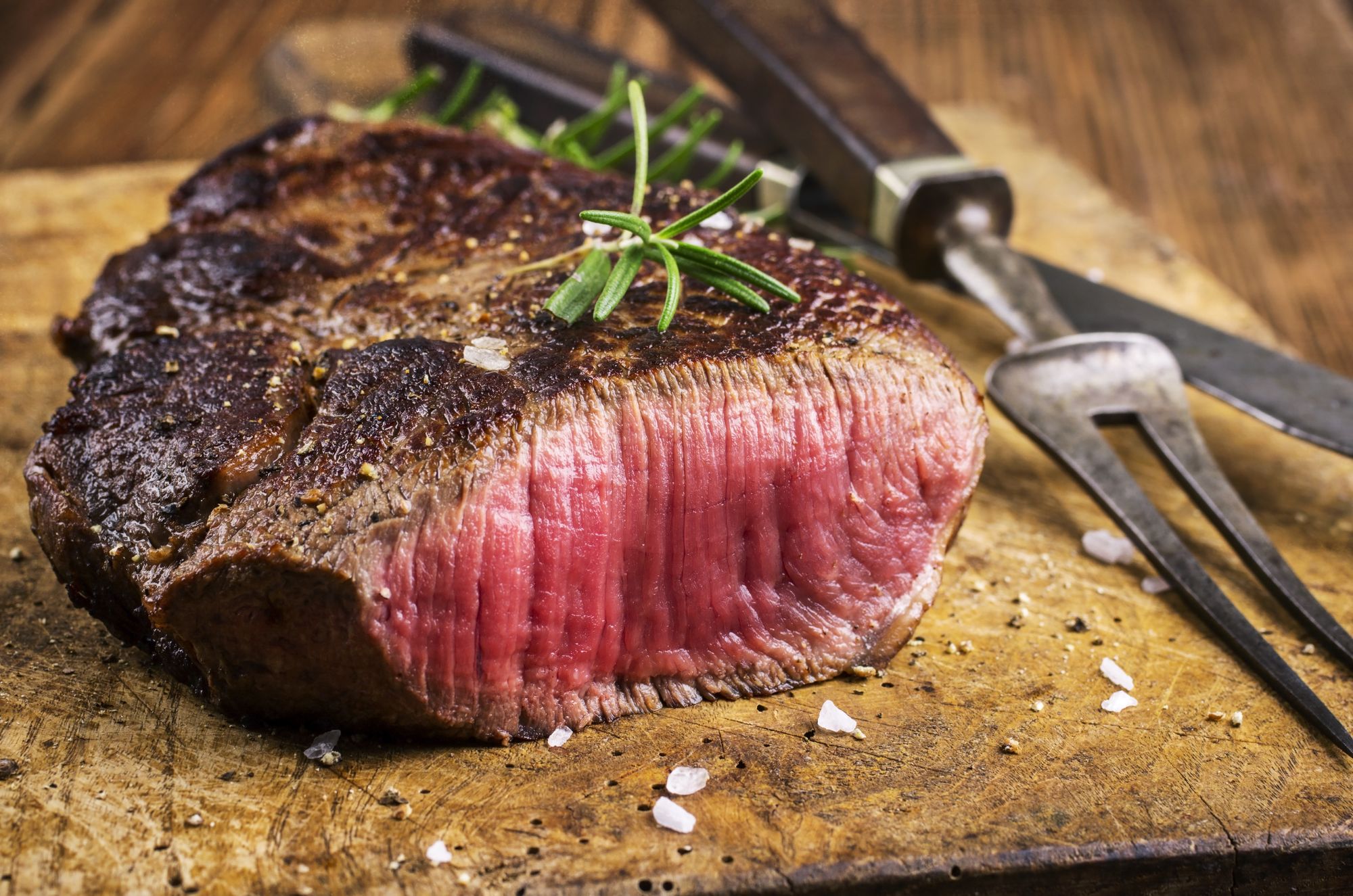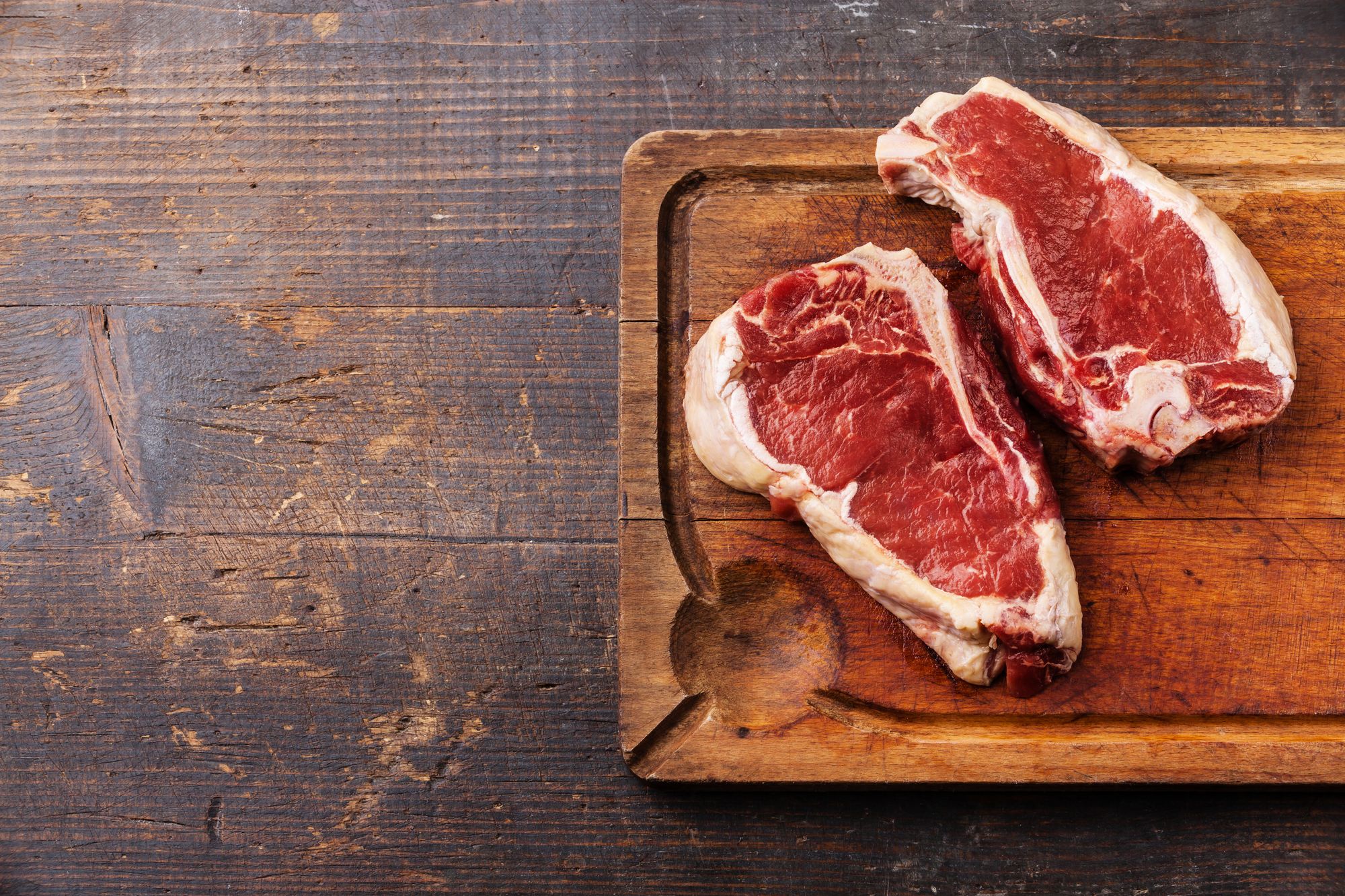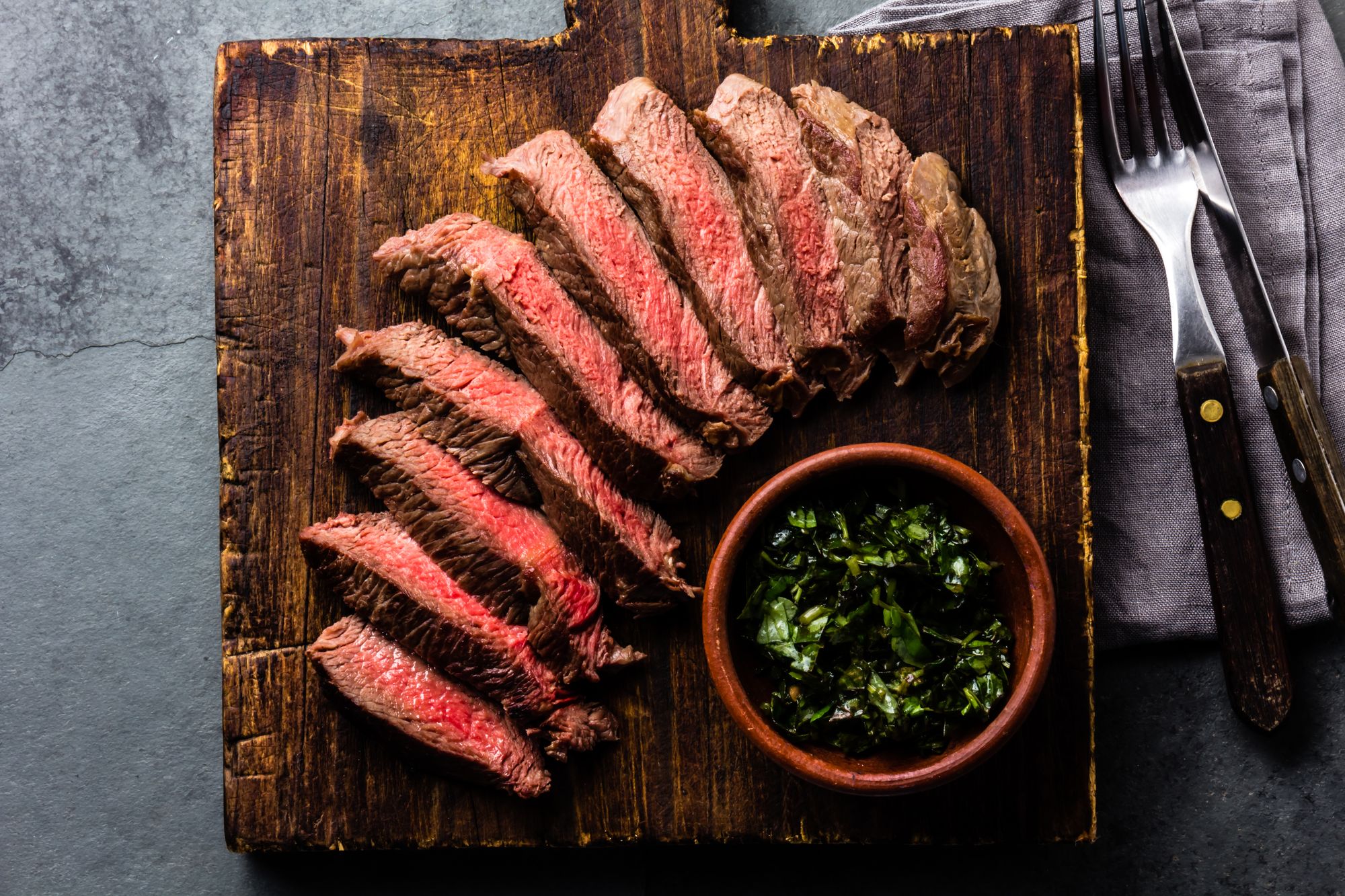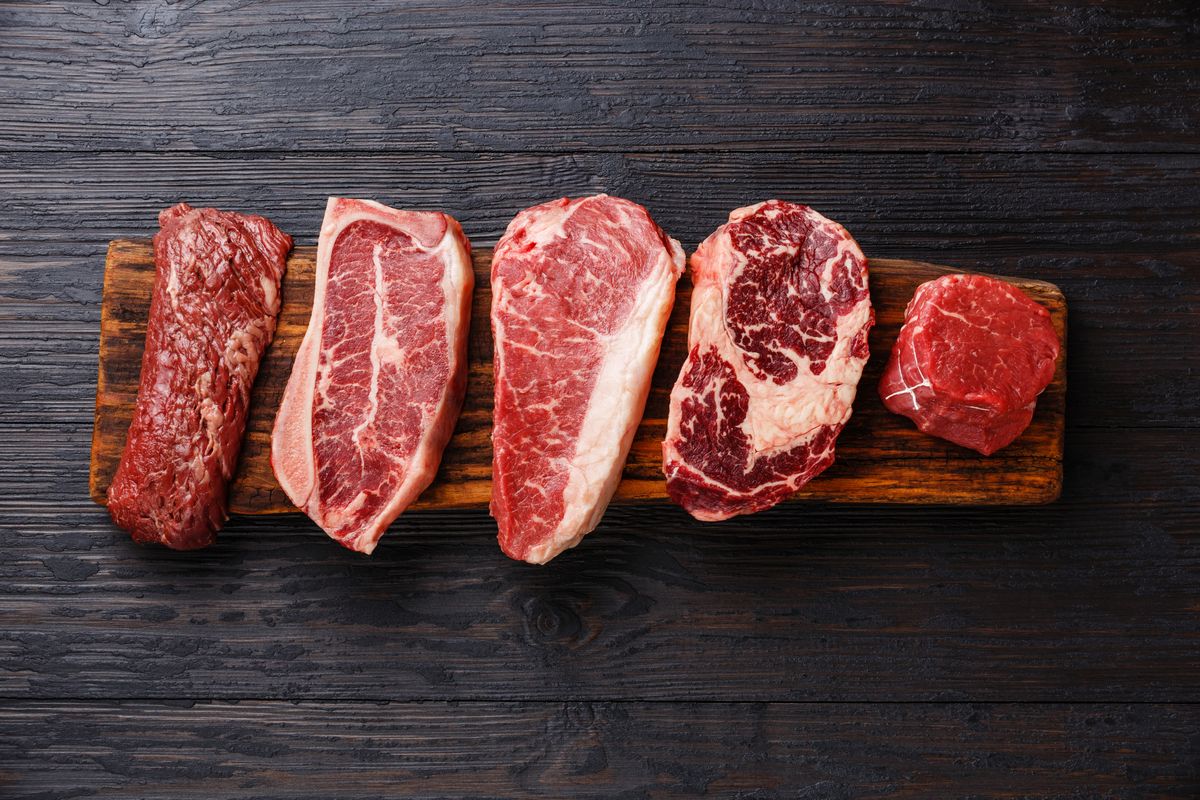Red meat is a staple food item for many people worldwide, with beef, pork, lamb, venison, and goat meat all classified as "red" meats due to their pink or red appearance when raw and darker color when cooked. These meats are known for being high in essential nutrients such as protein, iron, and vitamin B12, and are often enjoyed for their savory and flavorful taste. In fact, statistics show that in 2021 alone, Americans consumed approximately 111.5 pounds of red meat per capita. However, as the popularity of plant-based diets grows, experts have called for more concrete recommendations around red meat consumption, and public health organizations like the World Cancer Research Fund recommend limiting red meat intake to no more than three servings per week. Despite the many nutrients in red meat, it's crucial to be aware of the potential positive and negative effects of eating red meat on a daily basis.
Here are some of the potential effects of eating red meat every day:
1) Enjoy the Health Benefits of Protein by Incorporating Red Meat into Your Diet

Meats like beef and venison are some of the highest-protein foods available, making them a great source of this essential nutrient. A 3-ounce serving of deer meat contains 26 grams of protein, and 4 ounces of ground beef provides 23 grams. Given that the daily value for protein is 50 grams, including these meats in your diet every day can help you meet your daily protein goals.
2) Consuming Red Meat Regularly Could Lead to an Increase in Cholesterol Levels

Cholesterol is an important indicator of cardiovascular health and is comprised of both LDL (the "bad" kind) and HDL (the "good" kind). Regularly consuming burgers or chops every day can raise your LDL cholesterol levels, particularly processed red meat. According to research from Oxford University, every 50 grams of extra processed red meat people ate per day increased their risk of coronary heart disease by 18%, while unprocessed meat raised the risk by 9%.
3) Eating Red Meat Daily May Raise Your Risk of Developing Type 2 Diabetes
While type 2 diabetes is often associated with carb intake, protein intake, including red meat, can also influence whether you develop it. One study in Nutrients concluded that regular meat consumption, including red meat, is consistently associated with type 2 diabetes risk. Researchers speculated that this could be because red meat can increase inflammation, raise body weight, or increase visceral fat, all of which are factors in the development of diabetes. However, further research is needed to bring more clarity to this area.
4) Increase Your Energy Levels by Including Red Meat in Your Daily Diet

Red meat is high in vitamin B12 and iron, both of which are essential for energy production. A deficiency in either nutrient can cause fatigue and weakness. Regularly including red meat in your diet can help maintain your energy levels and reduce feelings of sluggishness.
5) Regular Consumption of Red Meat Linked to Increased Risk of Colorectal Cancer

Regularly consuming red meat may increase your risk of developing colorectal cancer. Several studies have suggested a link between the higher consumption of meats like beef, pork, and lamb and a greater likelihood of this bowel disease. However, it's worth noting that all red meats don't appear to have the same effects. While red meat does seem to increase the risk, processed red meats have an even greater impact on colon cancer development. The International Agency for Research on Cancer classifies red meat as a group 2A carcinogen, meaning they're "probably carcinogenic to humans." Processed red meats, on the other hand, are classified as a group 1 carcinogen, a substance known to cause cancer.
6) Experience a Satiating Effect by Adding Red Meat to Your Daily Meals

Protein is the most filling macronutrient and can help you feel fuller for longer periods. By including red meat in your diet every day, you may feel fuller for a longer period, which could lead to steady weight management. Combining red meat with other satiating nutrients like complex carbohydrates and healthy fats can compound weight maintenance even further. For example, pairing lamb with quinoa or cooking pork in olive oil could enhance the satiating effect of red meat, leading to better appetite control and a more balanced diet.
While red meat has several benefits, it's important to consume it in moderation to avoid potential negative effects on health. As mentioned earlier, public health organizations recommend limiting red meat intake to no more than three servings per week. Moreover, it's essential to choose lean cuts of red meat and avoid processed red meats like bacon, sausage, and hot dogs, which are often high in sodium, saturated fats, and preservatives.
In conclusion, red meat is a nutrient-dense food that can provide several benefits when consumed in moderation. It's an excellent source of protein, vitamin B12, and iron, which are essential for energy production and maintaining overall health. However, excessive consumption of red meat may increase the risk of chronic diseases like heart disease, type 2 diabetes, and colorectal cancer. Therefore, it's crucial to include red meat as part of a balanced diet and consume it in moderation while opting for lean cuts and avoiding processed red meats. By doing so, you can reap the benefits of red meat without compromising your health.

